Gilbert Munetsi
At age 40, Zimbabwe's first female professional boxer Monalisa "Queen of the Jungle" Sibanda is a ruler without a legal empire.
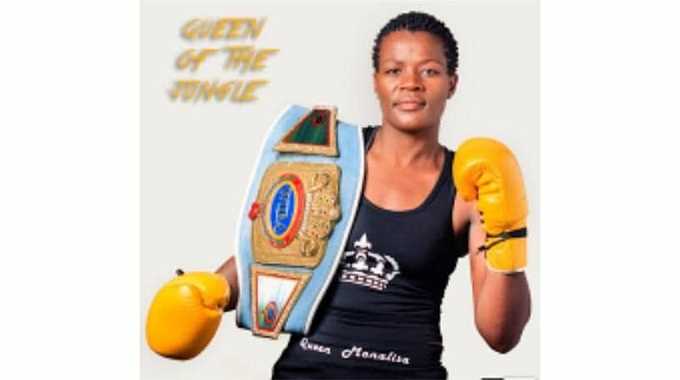
An abusive step-father who treated her mother like the proverbial punching bag pushed Monalisa into boxing.
"That's what drove me to want to be a boxer, all in the hope that when l was experienced in the art of fighting, l would seek revenge for my mother by beating up her abuser.
"However, fate had other plans and that never happened. But l still went on to take boxing anyway and here l am, making a little living out of it though l feel things could have been a lot better," she says.
After her husband went off with her best friend, leaving her with four kids to fend for, Monalisa had to survive with little support in the jungle of the discriminatory law that governs boxing in Zimbabwe.
The Boxing and Wrestling Control Act, Chapter 25:02, is a legislative instrument that was crafted way back in 1956.
The amendments effected in 1959, 1962, twice in '64, '72 and in 2001 have not sought to reverse an antiquated clause.
Section 8(c) (Ii) of the Act says the Zimbabwe National Boxing and Wrestling Control Board is mandated to register and certify boxers, "provided that it shall not register any person as a boxer or wrestler who is not of the male sex."
Champions riding on special favour
Zimbabwe has many proven and potential professional female boxing champions. But they only exist through a special ministerial dispensation allowing them to fight in contravention of the Act.
Sibanda is the current holder of the Women International Boxing Association inter-continental belt in the middleweight division while Kudakwashe "Take Money" Chiwandire also made history by becoming Zimbabwe's first female world champion.
Chiwandire held onto the World Boxing Council lightweight interim world title for a year before losing it to a Mexican opponent.
Others who have done well inside the domestic and foreign rings include Zvikomborero Danzwa, Revai Madondo, Patience Mastara, Netsai Bondai, Cecilia Pitiseni, Fortunate China, Sehli Nhliziyo, Monica Mkandla, Chiedza Homakoma and Talent Nyagura.
Everyone knows that the Act is a constitutional aberration
Boxing authorities are cognisant of the segregatory effects the Act has had on the girl child, particularly in the face of the National Development Strategy 1 which speaks to equal empowerment between persons of both sexes.
The Constitution of Zimbabwe also provides for the need for gender equality, and even goes a step further in the reservation of electoral positions for females.
The antiquated law puts Zimbabwe on the wrong side of the Southern Africa Development Committee Protocol on Gender and Development to which the country is a party.
Article 4 of the protocol clearly states:
“State parties shall endeavour, by 2025, to enshrine gender equality and equity in their Constitutions and ensure these rights are not compromised by any provisions, laws or practices.”
Neighbours get it right
While Zimbabwean female boxers struggle for meaningful revenue, across the Zambezi in Zambia, female boxers are prospering.
Five-time world Zambian champion Esther Phiri boasts of several properties in real estate and has endorsements with a number of financial institutions and corporates in that country.
Catherine Phiri, was granted a job in the Air Force of Zambia where she started off as lieutenant, thanks to her boxing exploits.
Lolita Muzeya, who only turned professional just six years ago, has already had the chance to fight for the WBC silver title in the United Kingdom.
Though she lost in the second round, her huge pay check of US$60 000 was enough to buy her a house and small car.
"For someone who grew up in the care of my grandmother and we survived by growing and selling vegetables, l am grateful for this life. It is because of boxing, a conducive environment and those who have supported me that l am who l am today," Muzeya said in a recent interview in Lusaka.
Meanwhile Sibanda cannot afford a car because the boxing legislation in Zimbabwe restricts her from gunning for the mega fights that could have changed her life a long time ago.
In Malawi, a 22 year-old Anisha Basheel has been appointed a United Nations ambassador for the Girl Child and has been attested into the army.
Related Stories
This was after she won the Commonwealth Boxing Council lightweight title in London.
Across the Limpopo Boxing South Africa, has specific programmes aimed at uplifting the girl child.
Annually, a budget is set aside for promoters to organise tournaments featuring their own professional ladies against opponents from the region.
The latest such, dubbed "Rise of Women in Boxing," was hosted at Voda World, Midrand, in Gauteng province on September 30, 2023, with Monalisa fighting and winning against SA super-middleweight pro boxer, Ritta Mrebwi.
On the same card were other pugilists from Malawi, Zambia, the DRC and additionally, Zimbabweans Patience Mastaraa and Cecilia Pitiseni.
No complication to removal of the discriminatory law
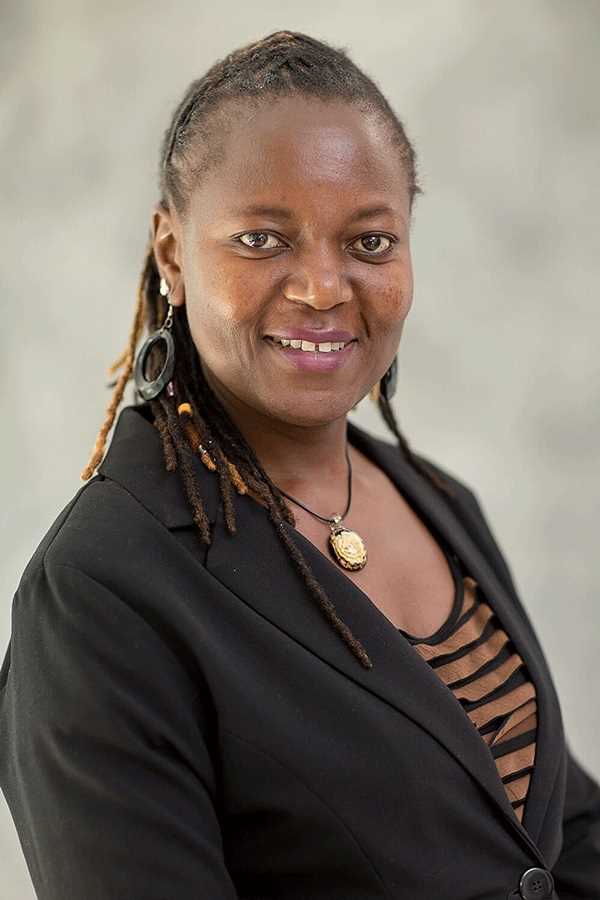
Ms Miriam Tose Majome, a lawyer with constitutional watchdog Veritas says there is no specialist expertise needed to amend the legislation as there is set standard procedure.
"Only the Minister who oversees particular Acts can propose amendments and in this case its sport, so Kirsty Coventry has to propose the amendments.
"Cabinet has to approve the principles before she can table the proposals in parliament for debate," she says.
Majome says there ought to be intense lobbying to the Minister by those with an interest in the amendments to convince her of the need for changes.
"It's then that you set out the constitutional provisions on gender equality and equity in position papers for the Ministry.
"You should engage relevant representative bodies especially the Sports and Recreation Commission for that.
"A lot of lobbying and advocacy is needed," she says.
Boxing fraternity not amused
Prominent Zimbabwe promoter Stalin Mau Mau says the boxing fraternity has played its part, but law-makers have not been fair to boxers of the female gender.
"For years we have fought to have the Act reviewed, but we are yet to see that done. That legislation is as colonial in its structure as the Witchcraft Suppression Act and must be treated with all the contempt it deserves," he says.
Veteran referee and judge Patrick Mukondiwa is appalled by the time it has taken female boxers to be recognised at law and questions the ignorance of sports leaders and legislators alike in dealing with such a pertinent matter.
"It is like we exist in a vacuum. With countries around us respecting and uplifting their female fighters, there we are, like a lone ranger, still entertaining a backward law that only ought to be spoken about in the Stone Age era.
"It's time our leaders rose to the occasion to do what is right - giving the girl child a lifeline as has been done in many other sectors," Mukondiwa says.

Local promoter Prosper Chibaya has intentions to put up a similar tournament but says legislation must be fixed first.
"l have to make sure it's an investment that does not end up going down the drain. Let’s have the Act attended to first and we will certainly come to the party," she says.
It’s being sorted: Minister

Meanwhile, there now appears to be a ray of light at the end of the tunnel, with Sports Minister Kirsty Coventry telling Zim Now in a recent interview:
"We are in the process of aligning the Zimbabwe National Boxing and Wrestling Control Board’s Strategy with that of the Ministry of Sport, Recreation, Arts and Culture in order to realize the outputs of the National Development Strategy 1.
"As a Ministry, we are solidly behind efforts to develop boxing in this country and l am happy to report that efforts to have the amendment of the Boxing and Wrestling Control Act are now being pushed forward through the Sport and Recreation department and the Legal department of the Ministry.
"Once the Act has been promulgated, it is our expectation that some of the challenges that the sport of boxing currently faces will be ameliorated," Coventry said.
She added she was aware that as the board regulates the sport of boxing and wrestling across the country they have a rich legacy they need to protect as Zimbabwe has
"I further reiterate that efforts to have the sport policy approved by cabinet are now at an advanced stage,” she said.
However, given that it has taken more than half a century for the Wrestling and Boxing Act to be reviewed, several stakeholders said they could not take Minister Coventry's talk and will wait for the walk.
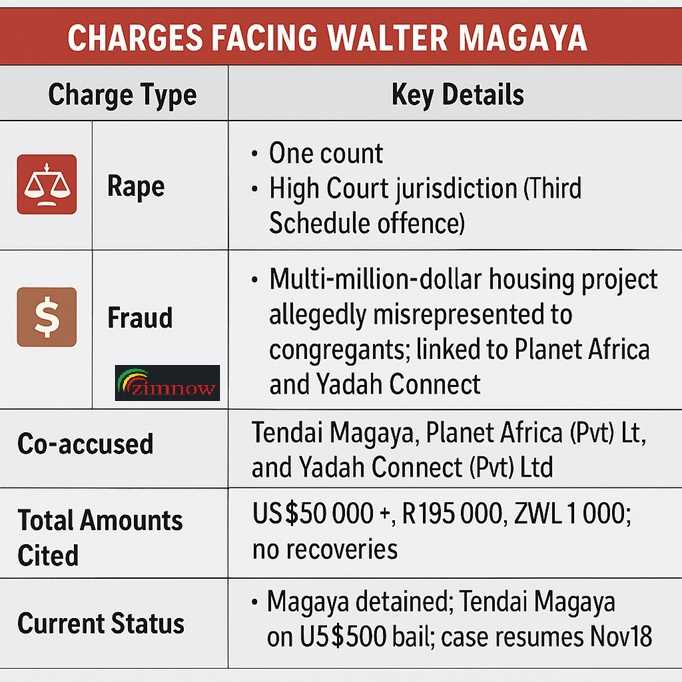
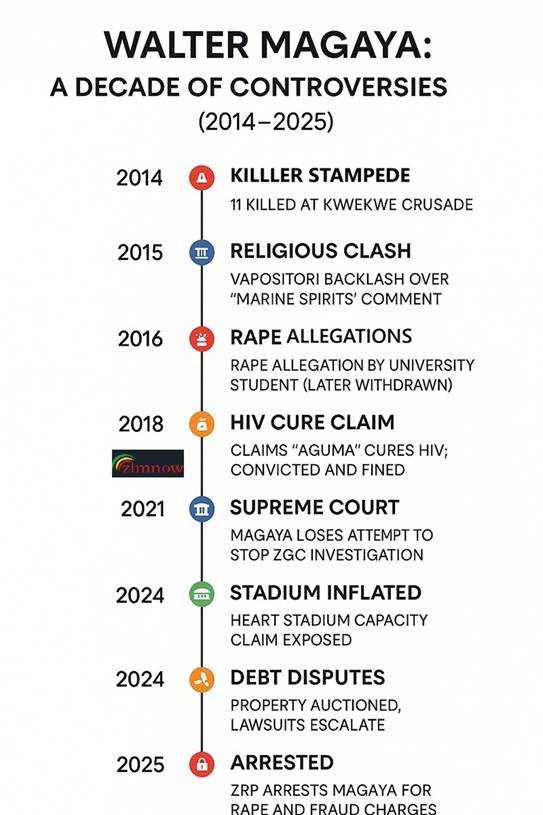
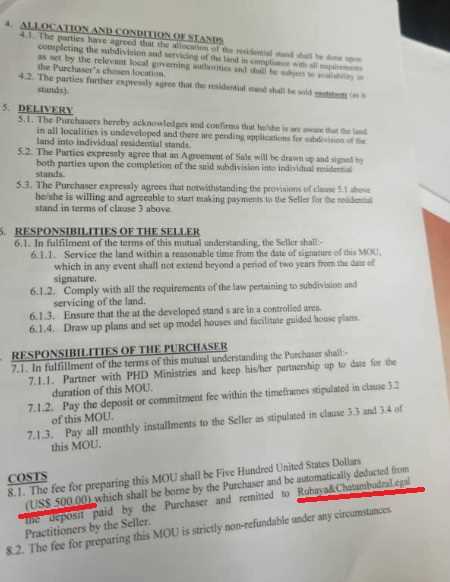
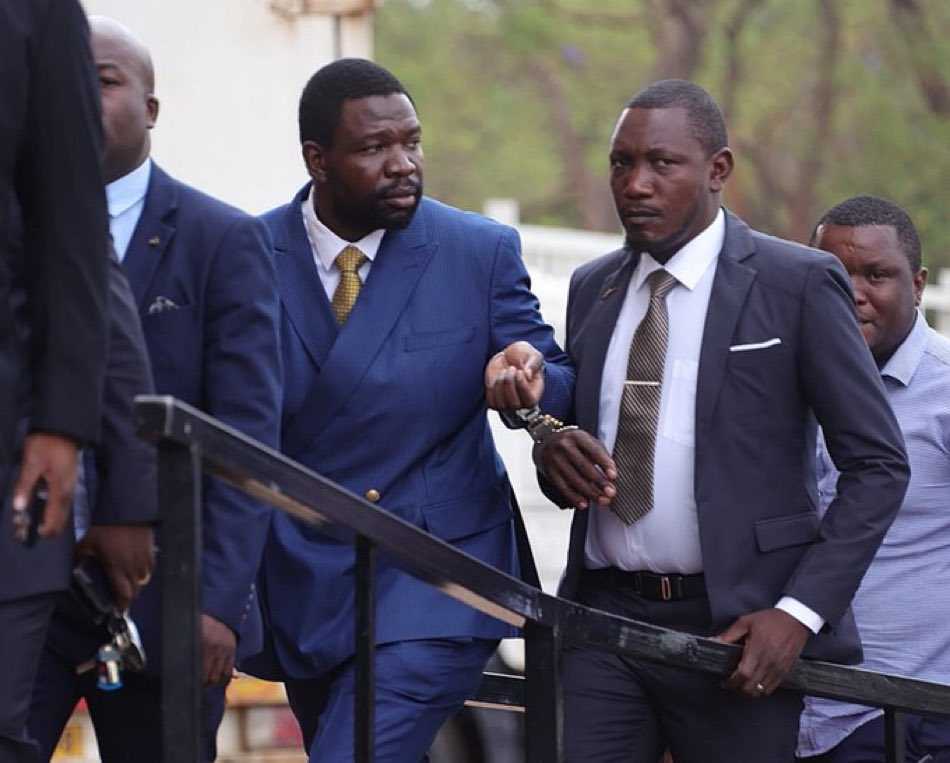
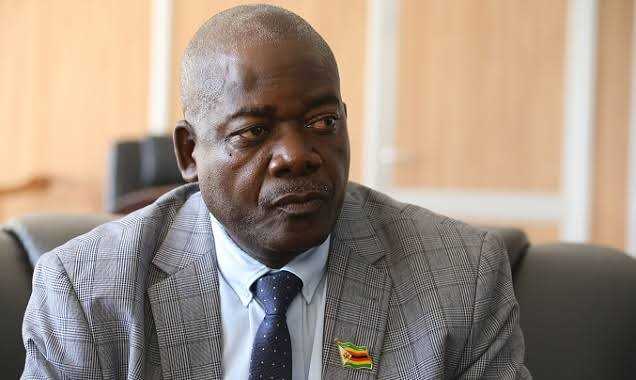









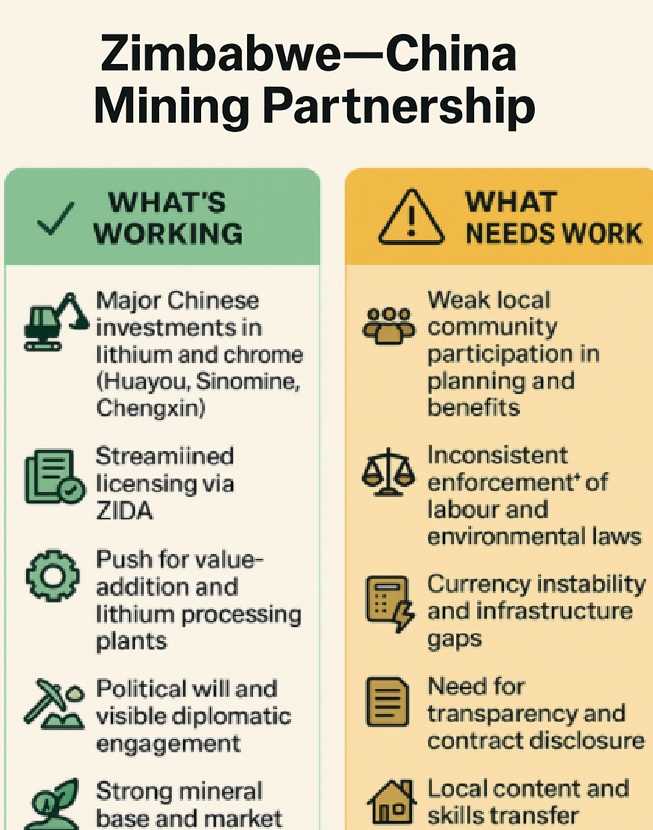

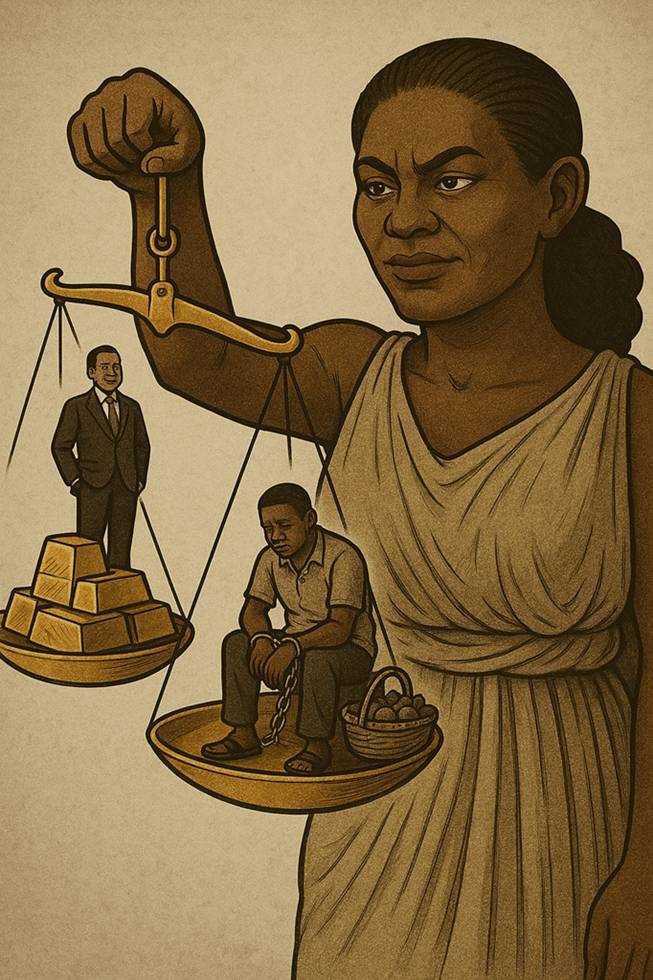



Leave Comments